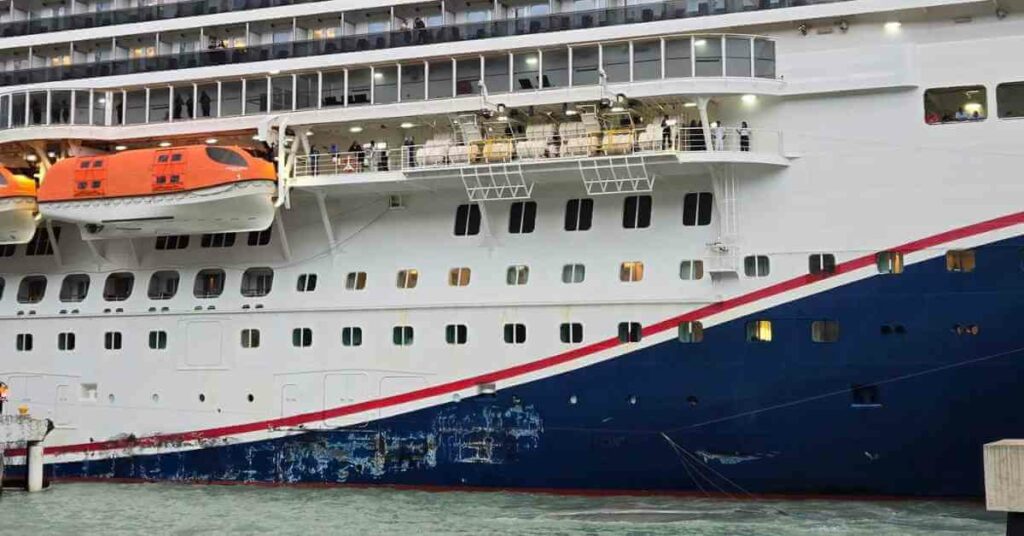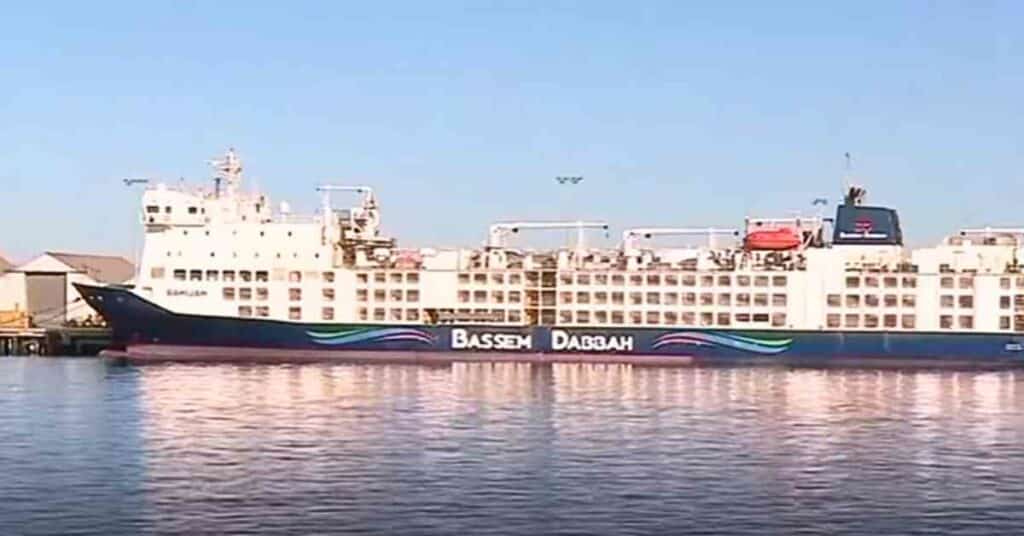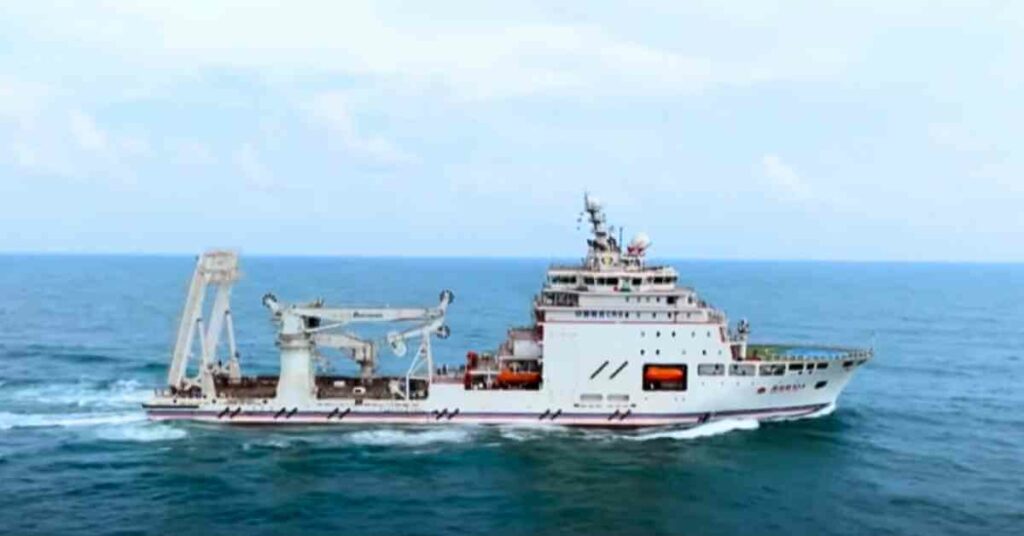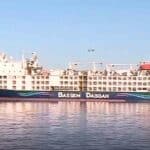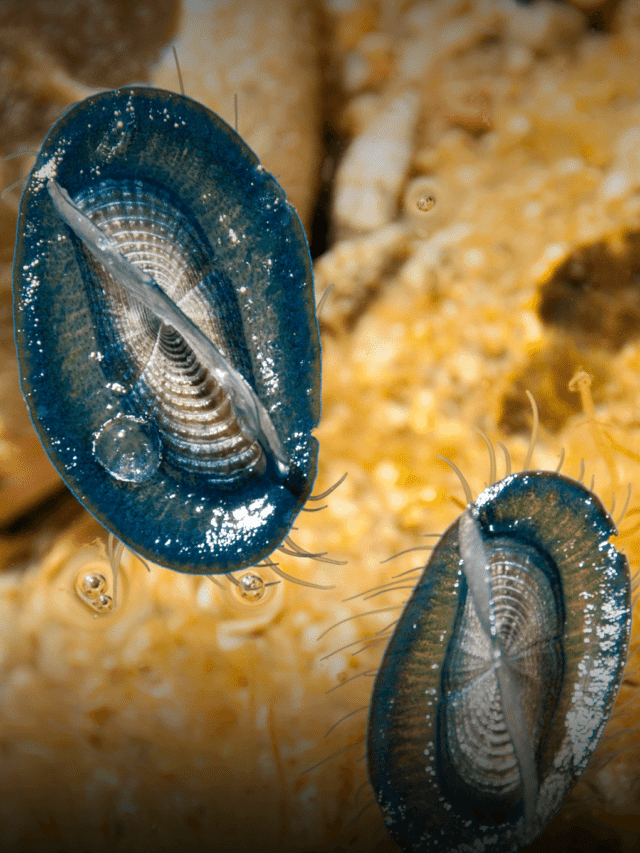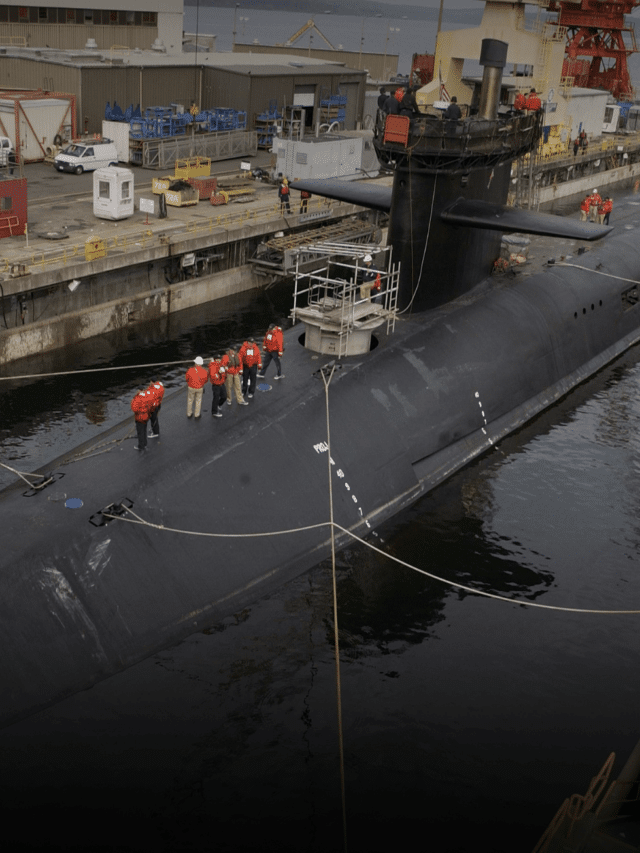Archaeologists Examine 19th-Century Shipwreck Found On Canadian Coast
A 19th-century shipwreck washed ashore on the snowy shores of Newfoundland, Canada, sparking great attention and attracting thousands of tourists and archaeologists anxious to discover its secrets. The 24-meter-long wooden ship, most likely from the 19th century, was found by Wanda Blackmore’s son while hunting sea ducks and stumbled onto a strange thing in the water.
The wreck was found in late January on the southwest tip of Newfoundland, near J. T. Cheeseman Provincial Park. The area is well-known for its many shallow rocks, which have been the site of countless shipwrecks. Just 250 people live in the small coastal town of Cape Ray, where the ship washed ashore.
Video Credits: Global News/YouTube
Before the tides could carry the ship back to the ocean’s depths, a group of volunteers and archaeologists worked tirelessly over the last weekend to retrieve different parts of the vessel. A laboratory has been tasked with analysing the wooden planks and metal sheathing that were successfully removed from the keel. The archaeologists want to identify the wood species, the age of the wood, and the metal composition, which will reveal information about the ship’s age and origins.
Neil Burgess, president of the Shipwreck Preservation Society of Newfoundland and Labrador, accompanied the survey team and witnessed that the ship’s keel and hull were upside-down on the beach, as were several significant timbers from the vessel. After analysing the artefacts and wood samples, the crew intends to discover more about the ship’s history and how it came to be on the shores of Newfoundland.

Since its discovery, the wreck’s origins and historical relevance to Newfoundland have been the subject of speculation. Some residents believe it might have something to do with their ancestors from the British Isles, who came to the region in the 18th and 19th centuries. The mystery surrounding the ship is heightened by the strong maritime history of Newfoundland, which is based on the transatlantic migratory cod fishing tradition.
Some also believe that Hurricane Fiona, which hit Canada’s Atlantic coast in September 2022, impacted the wreck’s appearance. The intense storm might have lifted the ship from the ocean floor, which would have caused it to rise to the surface and finally wash ashore. The community is committed to preserving the wreck and learning its history, even in the face of dangerously high waves and the possibility that the ship will be dragged back into deeper seas.
The shipwreck’s discovery coincides with a surge in interest in maritime history as other locations have seen similar finds. The community has started a GoFundMe campaign to raise funds for the wreck’s recovery, transportation, and preservation, demonstrating the widespread interest in discovering its secrets and preserving this piece of Newfoundland history.
Reference: BBC, CBS News
Do you have info to share with us ? Suggest a correction
About Author
Marine Insight News Network is a premier source for up-to-date, comprehensive, and insightful coverage of the maritime industry. Dedicated to offering the latest news, trends, and analyses in shipping, marine technology, regulations, and global maritime affairs, Marine Insight News Network prides itself on delivering accurate, engaging, and relevant information.

About Author
Marine Insight News Network is a premier source for up-to-date, comprehensive, and insightful coverage of the maritime industry. Dedicated to offering the latest news, trends, and analyses in shipping, marine technology, regulations, and global maritime affairs, Marine Insight News Network prides itself on delivering accurate, engaging, and relevant information.
Latest Videos Articles You Would Like:
- Cruise Ship Damaged Due To Severe Weather, Passengers Stuck Abroad
- Archaeologists Examine 19th-Century Shipwreck Found On Canadian Coast
- Australia Stops Livestock Ship From Sailing Around Africa To Israel Amidst Houthi Attacks
- Iran Warns U.S. Of Targeting Cargo Ships Following Latest Airstrikes On Houthis
- Watch: Ukrainian Forces Destroy Russian Missile Boat In Black Sea Operation
- Two Dead After Tragic Collision Between Water Taxi And Passenger Ferry In the Philippines
Subscribe To Our Newsletters
By subscribing, you agree to our Privacy Policy and may receive occasional deal communications; you can unsubscribe anytime.
Web Stories



